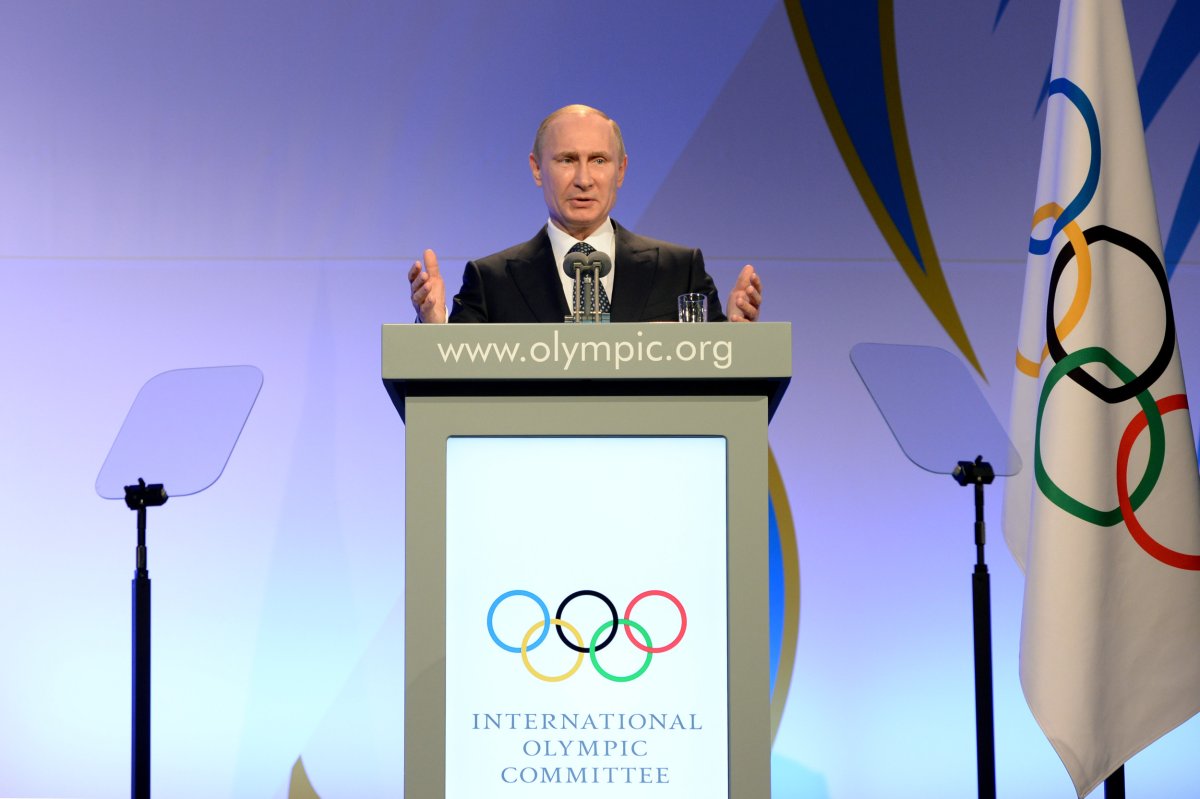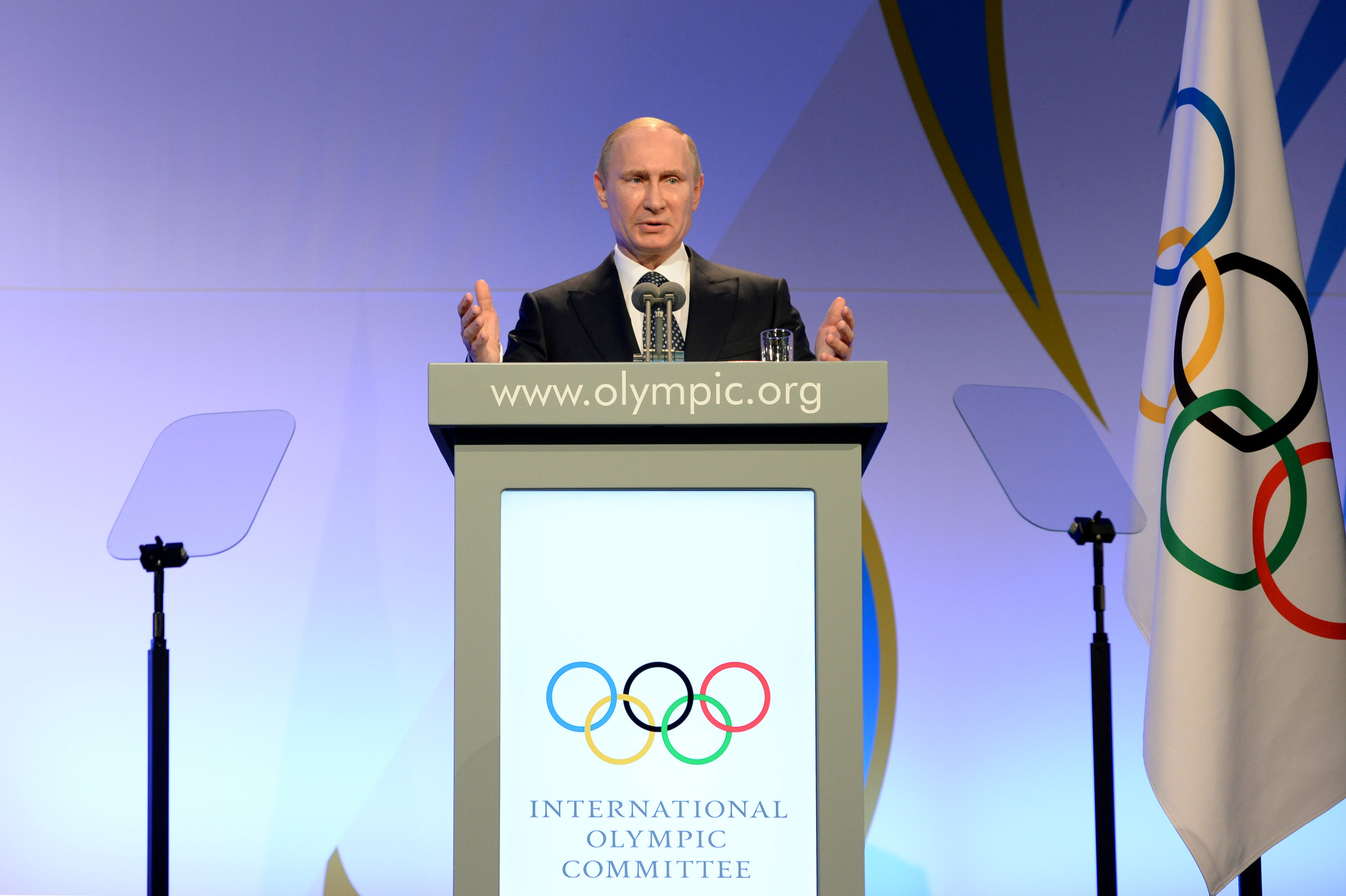Russian hackers are gearing up to derail the Paris Olympics, according to cybersecurity experts, with prospective targets ranging from those in the stands to state officials.
New research from Mandiant, a cybersecurity firm and subsidiary of Google, argued that the events’ organizers and attendees will need to remain on high-alert, given the significant risk posed by cyber-criminals with motivations both financial and geopolitical.
In a report entitled “Phishing for Gold,” Mandiant determined that the Paris Olympics face “an elevated risk of cyber threat activity.”
The authors, Michelle Cantos and Jamie Collier, assessed “with high confidence” that Russian state-sponsored actors posed the greatest risk to the Games, with hackers from China, Iran and North Korea also presenting a moderate threat.
Maja Hitij/Getty Images
Collier, Mandiant’s lead threat intelligence advisor for Europe, spoke to Newsweek about the unique vulnerabilities of the Olympic Games.
“As a high profile sporting event with a global audience, the Olympics represents an ideal stage for disruptive cyber operations intended to cause negative psychological effects and reputational damage,” Collier said. “This is because the impact of any disruption would be significantly magnified.”
The paper outlines the varied cyber risk that face the Games, including cyber espionage, “Disruptive and destructive” attacks, and financially motivated hacks.
As an international event attended by government officials and heads of state, Collier believes that Russian hackers will attempt to use the event for “information gathering” on foreign, senior decision makers.
However, attendees should also be wary, and such large events present ripe opportunities for cybercriminals of all stripes to target tourists with ticket scams and attempt to steal personal data.
For Collier, the worst case scenario would be a widescale “destructive” attack, such as the deployment of “wiper malware” which erases data on target networks, and which would throw the Paris Games into disarray.

Andrej Isakovic/Associated Press
Collier argued that a coincidence of factors make these Olympics particularly vulnerable.
The International Olympic Committee banned Russia from competition in February 2022, as an immediate response to the country’s invasion of Ukraine which the organization deemed a “blatant violation” of the Olympic Charter. Russian and Belarusian athletes still may compete under a neutral flag.
According to Collier, this provides Putin with a “clear motivation” to target the Games and, alongside its sophisticated cyber espionage capabilities and track record of targeting previous Olympics, make it the greatest risk to the competition.
During the 2016, 2018 and 2020 Games, state-sponsored Russian hackers leaked athlete data, disrupted networks during the opening ceremonies, and conducted reconnaissance of Olympic officials, according to Mandiant.
France’s ardent support for Ukraine following the Russian invasion also makes these games the perfect target for geopolitically motivated attacks, according to Collier, and France the most likely target for cyberattacks.
However, Collier said that the reaction to the report has been encouraging since it was first published in June.
“We have been really encouraged by the number of organizations involved in the Olympics that have read our report and are looking to respond to the threats that matter most to them,” Collier said. “More organizations than ever now understand that identifying relevant threats helps them build a more proactive security posture.”
Do you have a story we should be covering? Do you have any questions about this article? ContactLiveNews@newsweek.com.
Uncommon Knowledge
Newsweek is committed to challenging conventional wisdom and finding connections in the search for common ground.
Newsweek is committed to challenging conventional wisdom and finding connections in the search for common ground.
